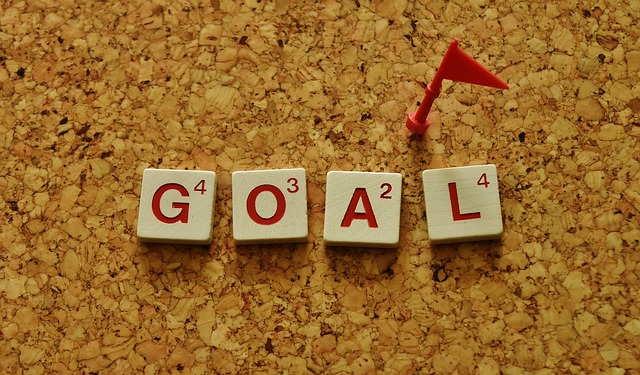
The missing piece to forming habits
As the halfway mark of the year has come and gone, have you long forgotten about those New Year’s resolutions or goals? You’re not alone. According to statistics, 40% of people make New Year’s resolutions, and approximately 8% of people actually keep them. It’s easier to ignore your resolutions and fall into familiar, old habits especially when your resolutions are too ambitious, you lack a game plan or become discouraged with a lack of early results and ultimately give up altogether. We also aren’t often aware of how we respond to expectations of ourselves, such as the expectations of goal setting and changing our habits.
According to Gretchen Rubin, author of Better than before: Mastering the habits of our everyday lives, there are four categories for how people respond to forming habits, “good” or “bad”. Once you get to understand yourself better and identify your tendency, it can be easier to begin making or breaking habits. (To find out which type you are, take the quiz linked at the end of the article).
After completing the quiz, I uncovered that I am an upholder, which means I respond to both inner and outer expectations. This made sense, as I am sometimes better at sticking to goals that are kept to myself, whereas other times, I’m much better at reaching my goals if I’m accountable to someone else. Lately, some of my goals involve going to yoga weekly, completing my daily gratitude list and doing weekly strength training. I decided that in order to stay committed and motivated to my current habits and goals, I needed to create some accountability. So I made a DIY tracking board that I keep in my home office, where it is visible to both myself and others, keeping in line with my “upholder” tendency.
(Check out my Instagram and Facebook page for a picture of my tracking board).
My problem wasn’t that I wasn’t trying to create and maintain new habits; I just needed to learn how I best respond to expectations of myself. So far, my motivation and commitment to forming new habits and maintaining my goals is going well, because I am responding to my own expectations as well as external expectations of upholding my goals.
Are you ready to reset and achieve those goals of losing weight, eating better or having more energy? It’s not too late to start forming new habits or breaking old habits that no longer serve you, such as that late night binge eating on ice cream… It’s the perfect time to jump back into those goals or make new ones, and I can help you. Let’s take your health goals to the next level and make them happen.
You can start by taking the Habit Personality Quiz here.
And if you’re ready to reset and work together towards your health goals, contact Dr. Candace at 780-757-7700.
References
Gregoire, C. (2017, January 03). A Nutritionist’s Advice For Making Health Resolutions That Won’t Fail. Retrieved June 30, 2017, from http://www.huffingtonpost.com/entry/new-years-resolutions-psychology_us_5862d599e4b0d9a59459654c
Mulvey, K. (2017, January 03). 80% of New Year’s resolutions fail by February – here’s how to keep yours. Retrieved June 30, 2017, from http://www.businessinsider.com/new-years-resolutions-courses-2016-12/#exercise-more-often-1
Parker-pope, T. (2015, March 26). Take the Habit Personality Quiz. Retrieved June 30, 2017, from https://well.blogs.nytimes.com/2015/03/26/take-the-habit-personality-quiz/?_r=0
S. (2017, January 04). New Years Resolution Statistics. Retrieved June 30, 2017, from http://www.statisticbrain.com/new-years-resolution-statistics/
(n.d.). Gretchen Rubin’s Quiz: The Four Tendencies. Retrieved June 30, 2017, from http://www.surveygizmo.com/s3/3163256/Gretchen-Rubin-s-Quiz-The-Four-Tendencies-Fall2016
(n.d.). New Study Reveals How Long New Year’s Resolutions Usually Last. Retrieved June 30, 2017, from http://philadelphia.cbslocal.com/2016/02/09/new-study-reveals-how-long-new-years-resolutions-usually-last/